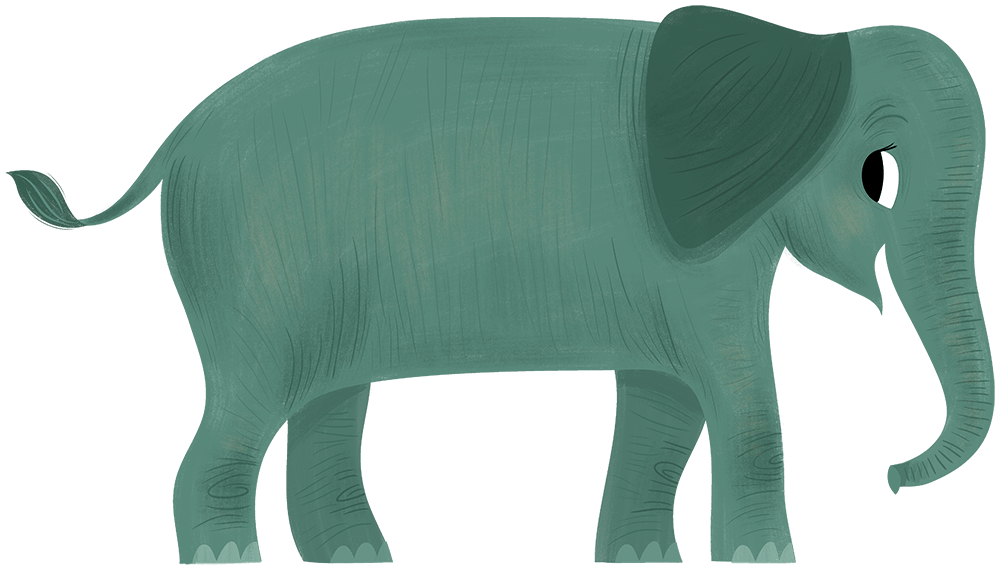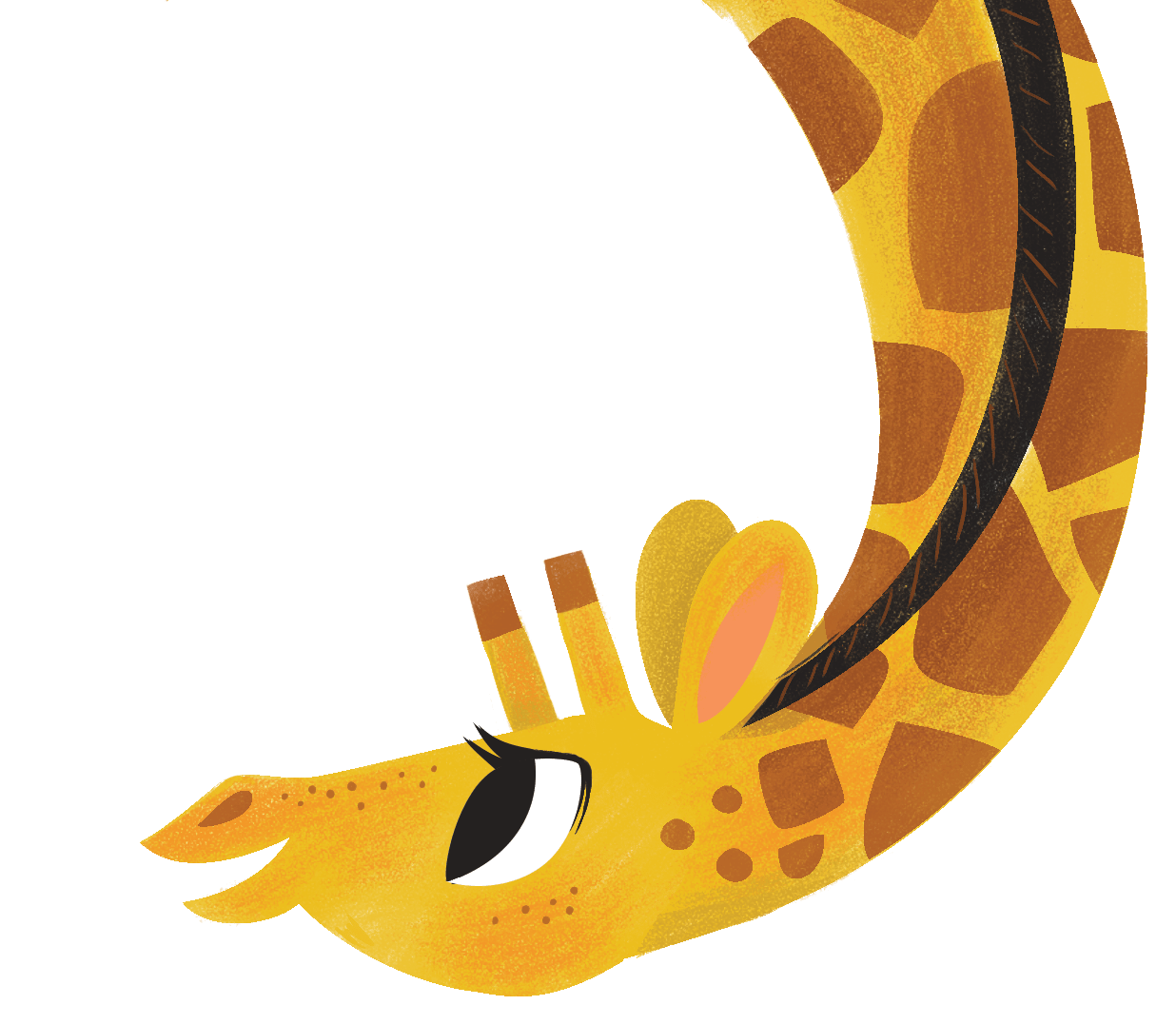 Reading splits opens the world and lets the light peek through. But how, exactly, does it work its magic?
Reading splits opens the world and lets the light peek through. But how, exactly, does it work its magic?
Every fall for a whole week, I surround myself with some of my best writer buddies and sink into a sea of words. Yesterday, we were discussing something a masterful wordscraftsman once said–about how the spine tingles when we encounter a powerful phrase or sentence…about how we hoist ourselves up by the power of those words. Tingle. Hoist. Words that make us feel things.
 This year, I’ve talked to a lot of girls about observation journals–like the one Lanie keeps. I’ve listened to them talk about what they see in their yards and on the way to school. They’ve listened to me talk about where my ideas come from and how it’s somewhat less mysterious than we sometimes think. Still, something is mysterious. How do black marks on a page (or screen) make feelings rise in our throats until we can hardly bear it?
This year, I’ve talked to a lot of girls about observation journals–like the one Lanie keeps. I’ve listened to them talk about what they see in their yards and on the way to school. They’ve listened to me talk about where my ideas come from and how it’s somewhat less mysterious than we sometimes think. Still, something is mysterious. How do black marks on a page (or screen) make feelings rise in our throats until we can hardly bear it?
 Sometimes we’re haunted by feelings we can’t shake no matter how hard we put our will to the task. This dog traveled with my brother when my family left Ethiopia in the 1970s. Somewhere in Minnesota, Baron disappeared. It doesn’t surprise me that my brother’s first novel for young readers, The Pup Who Cried Wolf, sees the world through the eyes of a dog–a dog who loves car
Sometimes we’re haunted by feelings we can’t shake no matter how hard we put our will to the task. This dog traveled with my brother when my family left Ethiopia in the 1970s. Somewhere in Minnesota, Baron disappeared. It doesn’t surprise me that my brother’s first novel for young readers, The Pup Who Cried Wolf, sees the world through the eyes of a dog–a dog who loves car  travels, among other things. Our memories and observations–the things we care about–the things that haunt us…those are things that make us brave and determined enough to face down the resistance that comes when any writer sits with a blank screen or page (or, sometimes worse, one with the wrong words already on it, blocking the way).
travels, among other things. Our memories and observations–the things we care about–the things that haunt us…those are things that make us brave and determined enough to face down the resistance that comes when any writer sits with a blank screen or page (or, sometimes worse, one with the wrong words already on it, blocking the way).
When we aren’t quite brave enough, not quite determined enough, sitting silently in a luminous room with other brave writers can help. Amazing books have been born and shaped in this circle.
 We learn so much from each other. Toni Buzzeo, who used to be a school librarian, was the one who yesterday told me about this book, which I can’t wait to share with the board members of Ethiopia Reads when they gather in Denver to figure out goals and dreams for 2011. That’s the next traveling I’ll do after I get home from this retreat. How fitting that I sit here not only step-stepping my way through the books I want to write, but talking and thinking about the ways we share the books we love.
We learn so much from each other. Toni Buzzeo, who used to be a school librarian, was the one who yesterday told me about this book, which I can’t wait to share with the board members of Ethiopia Reads when they gather in Denver to figure out goals and dreams for 2011. That’s the next traveling I’ll do after I get home from this retreat. How fitting that I sit here not only step-stepping my way through the books I want to write, but talking and thinking about the ways we share the books we love.
 Last night, we talked about books that had stuck with us since childhood. The Secret Garden. Caddie Woodlawn. Julie of the Wolves. A Little Princess. Millions of Cats. Through books, we imagined ourselves into the skin of other characters. We saw the world. We felt deep feelings and found words to wrap around them. Our lives would have been so much poorer without books. No wonder children all around the world are drawn to shaping words, even if it’s with a stick scraping in the dirt under a tree, and reading them whenever and wherever they can manage to find a way.
Last night, we talked about books that had stuck with us since childhood. The Secret Garden. Caddie Woodlawn. Julie of the Wolves. A Little Princess. Millions of Cats. Through books, we imagined ourselves into the skin of other characters. We saw the world. We felt deep feelings and found words to wrap around them. Our lives would have been so much poorer without books. No wonder children all around the world are drawn to shaping words, even if it’s with a stick scraping in the dirt under a tree, and reading them whenever and wherever they can manage to find a way.
 Some things just can’t be shared, country to country. Language gets in the way and so do emotions and expectations and just how hard it is to lift something up and carry it from one place to another.
Some things just can’t be shared, country to country. Language gets in the way and so do emotions and expectations and just how hard it is to lift something up and carry it from one place to another.
But, amazingly, a lot of things CAN be shared. Books right this minute are being carried from the United States to Ethiopia–and in 2011, that will happen again and again.
Onward!



2 thoughts on “We hoist ourselves up with a rope of words”
Friend,
As a teacher of young ones, it never ceases to make my heart sad when consistently I hear “I don’t know what to write”. I always tell them to write what is on their heart, what they know the most about, love the deepest, enjoy. Still they struggle. Life goes by so fast for them just as it does for us. It isn’t realistic for most of my students to actually have a journal to write in on their way to school or when ever a good idea might pop into their head. But maybe we need to explicitly teach them how to keep a “journal in their heads”. How to write a wonderful moment on their brains, or file away something that made them happy or sad. Maybe this is what we need to do to help our at-risk children say all of the amazing things they have to say each and every day. Thanks for helping all of us by your explicit teaching Jane!
I wish I’d had someone like you as a writing teacher when I was a young writer! Thanks for helping those students open their eyes and hearts.